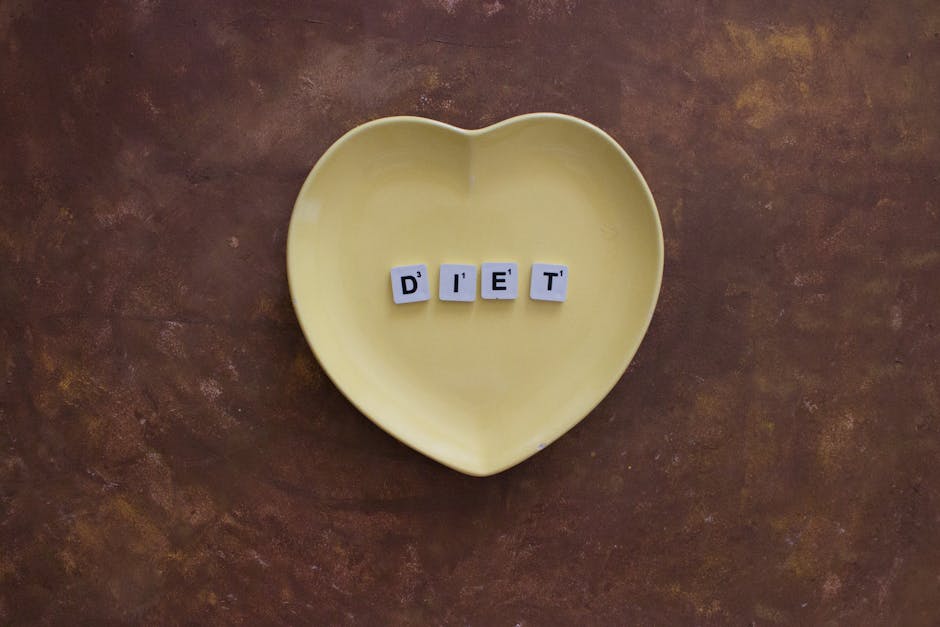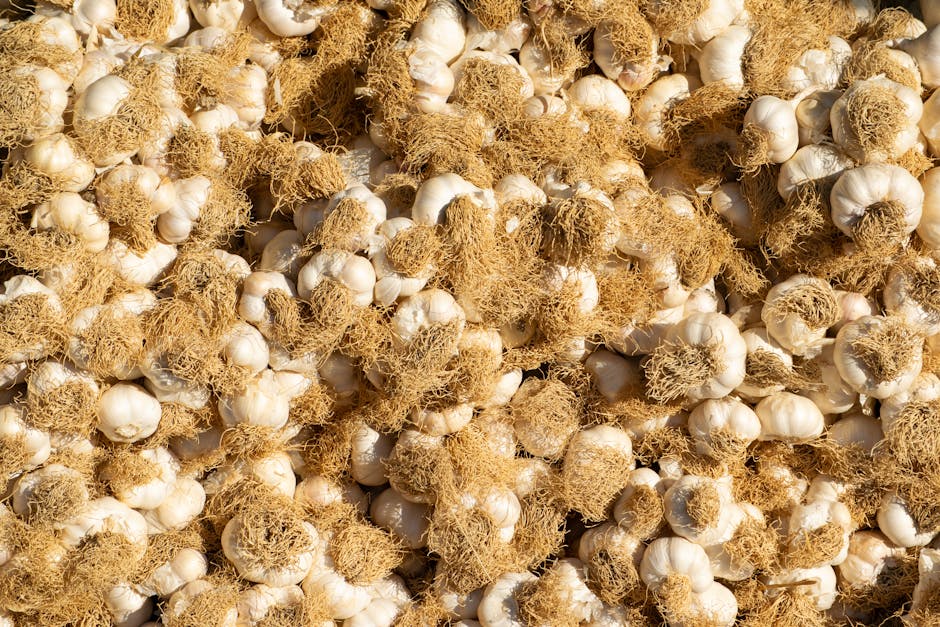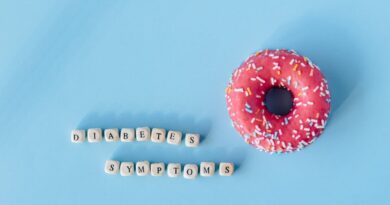The Role of Diet in Cholesterol Health
Did you know that nearly 38% of adults have high cholesterol? That’s a staggering statistic! Cholesterol plays a crucial role in our health, but not all cholesterol is created equal. Understanding how our diet impacts cholesterol levels can help us improve our overall well-being.
In this article, well explore how different foods affect cholesterol, what you can do to maintain healthy levels, and some common myths that might be holding you back. Lets dive in!
What is Cholesterol?

Cholesterol is a waxy substance found in your blood. Your body needs some cholesterol to build healthy cells. However, too much cholesterol can lead to heart disease. it’s important to know that there are two main types:
- Low-Density Lipoprotein (LDL): Often referred to as bad cholesterol because it can lead to plaque buildup in your arteries.
- High-Density Lipoprotein (HDL): Known as good cholesterol. It helps remove cholesterol from your bloodstream.
Maintaining a healthy balance between these two types is key. Now, how does your diet fit into this picture?
How Does Diet Affect Cholesterol Levels?

Your diet plays a big role in determining your cholesterol levels. Foods high in saturated fats and trans fats can raise your LDL levels. On the other hand, certain foods can help increase HDL levels. Let’s take a closer look.
What Foods Should You Avoid?

To keep your cholesterol in check, try to limit these foods:
- Red Meat: Beef, pork, and lamb can be high in saturated fats.
- Full-Fat Dairy: Whole milk, cream, and butter contain lots of saturated fat.
- Processed Foods: Many snacks and baked goods contain trans fats that are harmful.
Instead of these options, look for healthier alternatives. Choosing lean meats or plant-based proteins is a smart switch.
Which Foods Can Help Improve Cholesterol?

You can also eat delicious foods that help improve your cholesterol. Here are some to consider:
- Oats: Rich in soluble fiber that helps reduce LDL cholesterol. Start your day with a warm bowl of oatmeal!
- Fish: Fatty fish like salmon and mackerel are high in omega-3 fatty acids, which boost HDL levels.
- Nuts: Almonds and walnuts are packed with healthy fats that can improve cholesterol levels.
- Fruits and Vegetables: Loaded with vitamins and fiber, these foods promote heart health.
Making these foods a regular part of your diet can lead to significant health benefits.
What About Cholesterol-Reducing Foods?
Some foods directly target cholesterol levels. For example:
- Avocados: These creamy fruits are full of heart-healthy monounsaturated fats.
- Olive Oil: A great option for cooking, it can help lower LDL levels due to it’s healthy fats.
- Beans: High in fiber, they help lower cholesterol and keep you feeling full.
Adding these to your meals can be both heart-healthy and tasty!
How Much Does Exercise Play a Role?
Diet isn’t the only factor in maintaining healthy cholesterol levels. Regular exercise can also make a big difference. Aim for at least 30 minutes of moderate exercise most days of the week. Here are some benefits:
- Increases HDL: Exercise can help raise your good cholesterol levels.
- Reduces LDL: Physical activity helps lower the bad cholesterol.
- Boosts Overall Health: Regular exercise promotes heart health and reduces other risks.
Even simple activities like walking or cycling can be very effective. Find something you enjoy, and stick with it!
Are There Common Misconceptions About Cholesterol?
Yes, there are many myths surrounding cholesterol that can lead to confusion. Lets clear a few up:
- Myth: All cholesterol is bad.
Fact: HDL is good cholesterol that helps protect your heart. - Myth: Dietary cholesterol dramatically affects blood cholesterol.
Fact: For most people, saturated and trans fats have a bigger impact. - Myth: You can’t eat eggs.
Fact: Moderate egg consumption is fine for most people!
Understanding these misconceptions can help you make better choices.
What Should You Do Next?
Now that you know how diet influences cholesterol, it’s time for action. Here are some practical steps:
- Assess Your Current Diet: Take a good look at what you’re eating. Are there areas for improvement?
- Incorporate Heart-Healthy Foods: Start adding those cholesterol-friendly foods to your meals.
- Stay Active: Find ways to include physical activity in your day. Even small changes can add up!
Remember, small changes can lead to big results. The key is consistency and finding what works best for you.
What Resources Can I Trust?
For more information on cholesterol and heart health, visit the American Heart Associations website. They offer a wealth of resources to help guide you on your journey to better cholesterol management: American Heart Association.
Conclusion: Take Control of Your Cholesterol!
Understanding the role of diet in cholesterol health is empowering. By making informed choices, you can manage your cholesterol levels effectively. Remember, a balanced diet, regular exercise, and staying informed are your best tools for a healthier heart.
Start today, and take charge of your health!


